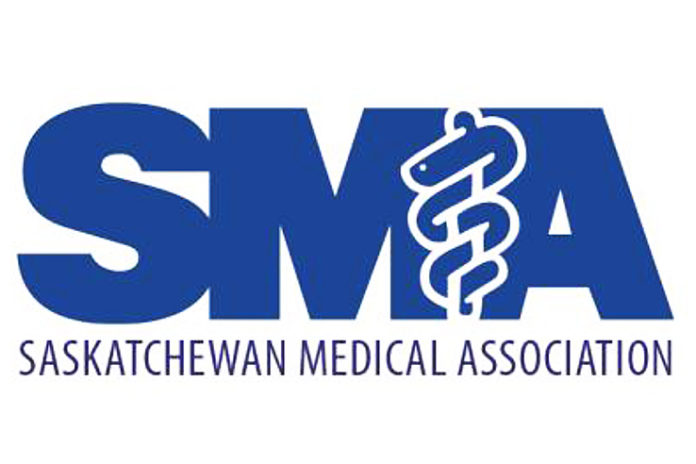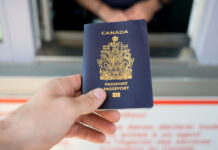Saskatchewan’s family physicians have a simple message for residents of the province: Stay home and save lives.
“Abiding by the public health guidelines on physical distancing will do more than anything else to assist family physicians as they deal with the COVID-19 pandemic, as well as their regular patients who still need to come into their doctors’ offices for care,” said Dr. Carla Holinaty, a Saskatoon family physician who is chair of the Saskatchewan Medical Association’s family practice section.
“Family physicians are part of front-line care during the pandemic and are often the first point of contact for people who suspect they might have contracted the COVID-19 virus,” Dr. Holinaty said. “We need all the help we can get. This is true of the health-care system but especially from the public.
“We implore residents to stay home if at all possible, to limit their contact with other people, and to practise physical distancing. Making these changes now will save countless lives in the coming weeks and months.”
Physicians continue to see patients for appointments or if they are sick with other illnesses. Patients should call their physician’s office first for guidance such as whether they should come into the office, complete the self-assessment tool on the government of Saskatchewan’s website, call the Health Line at 811, or get tested for COVID-19.
If a person has COVID-19 symptoms, they MUST call ahead to their doctor’s office before arriving. The clinic needs to make preparations for them to safely enter the building without putting others at risk. The clinic will give instructions on what to do.
Dr. Danielle Cutts, a Regina family physician and past-president of the Saskatchewan College of Family Physicians, agrees with the message to stay home and adds family physicians are still providing comprehensive, patient-centred care during this time.
“You should call your family doctor about any health concerns you have,” she stressed.
Dr. Holinaty also pointed to a federal Health Department order that all travellers returning to Canada must quarantine for 14 days, and a provincial public health order that gatherings of up to 10 people are prohibited. If people need to be around others they should maintain two metres of separation and avoid contact, such as shaking hands, she said.
“This applies to all people, young and old,” she said. “Young people, with no other medical conditions, may feel like this virus will not infect them. It will. Worse than that, asymptomatic or mildly symptomatic people who are not taking precautions are likely to spread the infection to people who are at risk of severe infection. You may be handing out a death sentence to your unsuspecting neighbour or family member.
“The attitude that people are invincible or immune to the virus because they are young and healthy and active has to change,” she said.






